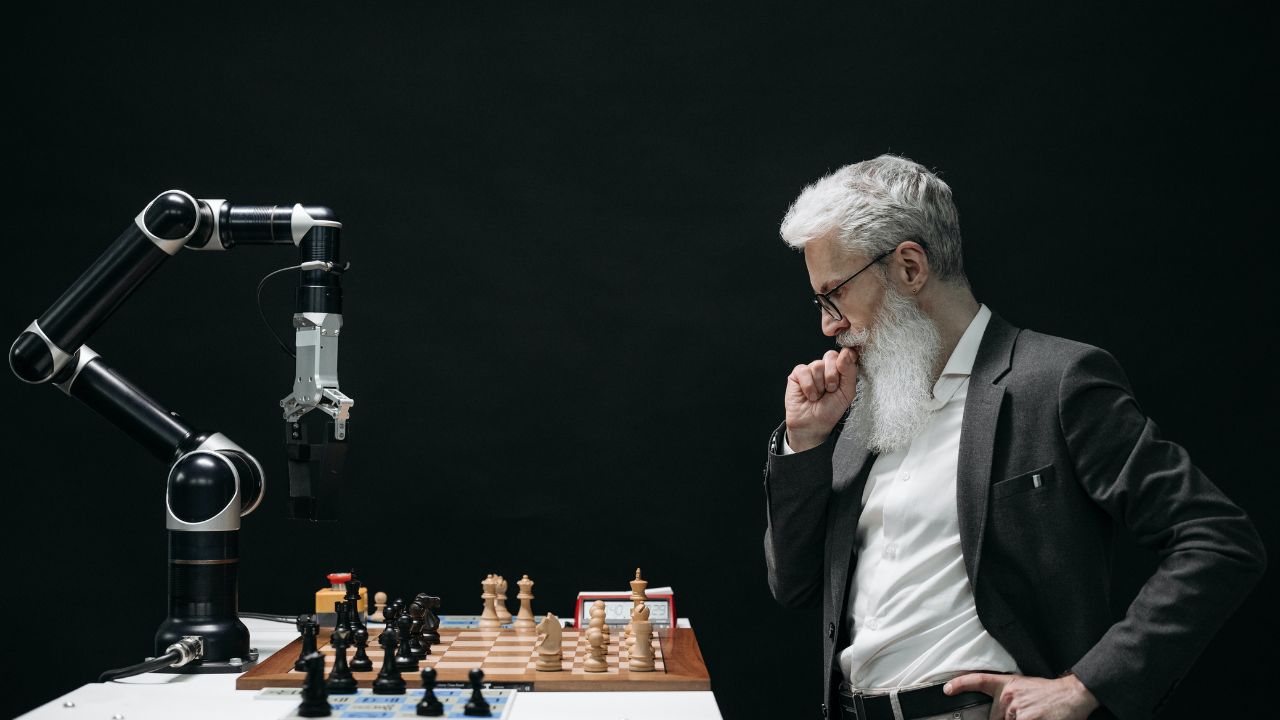From the 25th birthday, celebrated this month, of the US giant Google, to the birth of ChatGpt: artificial intelligence (AI), in the last quarter of a century, has moved on the high-speed tracks, building a new and much more complex world around us.
Technological evolution has led us to machine learning, as we now define the ability to generate new content, including images, text and music, by training the machine with existing cultural products. And this is where the debate tables are splitting and the call for prudent regulation comes from all sides.
Microsoft Italia shared the results of the first study on the impact of AI on Italy and the made in Italy at the forum of The European House Ambrosetti, held in early September. Vincenzo Esposito, Managing Director of Microsoft Italia, commented on the report, underlining “that thanks to artificial intelligence, Italy’s GDP could increase by 18%, which is equivalent to 5 billion 700 million hours worked. This is a great opportunity for our country, which has had a productivity problem for years, and in this way could offset the negative demographic curve”.
In addition, “the Italian production fabric is highly attractive for this type of investment, being composed of small and medium-sized companies, and the use of artificial intelligence can be very impactful”, Esposito added.
AI and Audiovisual
For some time now, the cinema has been using deep fakes, machine learning technology, to modify or recreate the features of a face or body movements from real video and audio content. The word ‘fake’ in the name, anticipates the implication of this technology that allows the dissemination of fake news, but made highly credible in appearance.
Reality becomes a store of information that is ‘learned’ and processed by artificial intelligence to improve performance. To familiarise ourselves with this scenario, the first episode of the sixth season of the Black Mirror series, released in June, comes to our rescue from the world of streaming. Joan Is Awful tells the story of an ordinary woman, a spectator but at the same time the protagonist, albeit unwittingly, of a TV series, who enacts her life, thanks to a clause in her contract in which she allowed the streamer (not so veiledly Netflix) to use her likeness and make her life a hyper-realistic script. This episode is closely linked to the protest that American actors are carrying out these days, so much so that a member of the SAG-AFTRA (Screen Actors Guild-American Federation of Television and Radio Artists), the American actors’ union, which joined the strike of television and film writers and directors in July, cites it as an actor’s biggest nightmare.
One of the points of the protest insists precisely on the fear that actors’ work will be downgraded and reverted to “a source of new, low-cost AI-created content for the studios,” as the Deadline article states. In the Black Mirror episode mentioned earlier, the dialogue between Salma Hayek, who plays herself as she lends her likeness for the series about Joan, and her lawyer is indicative of the sentiment driving the protest. And as she asks what can be done to take back her digital image, he responds with a lapidary “Nothing.”
Photo Credits: Pexels

